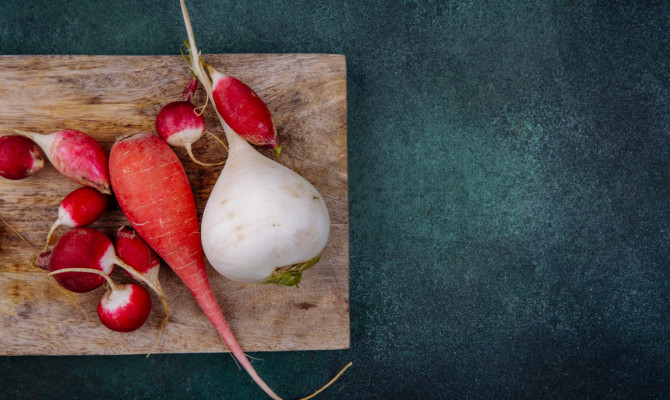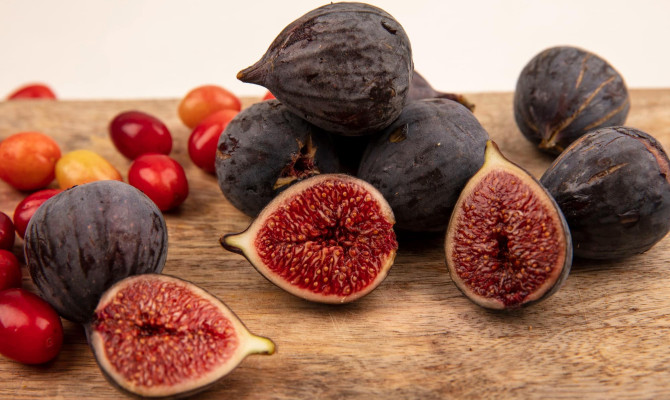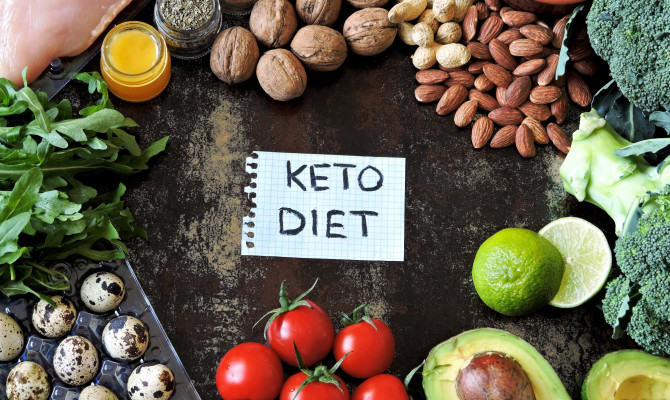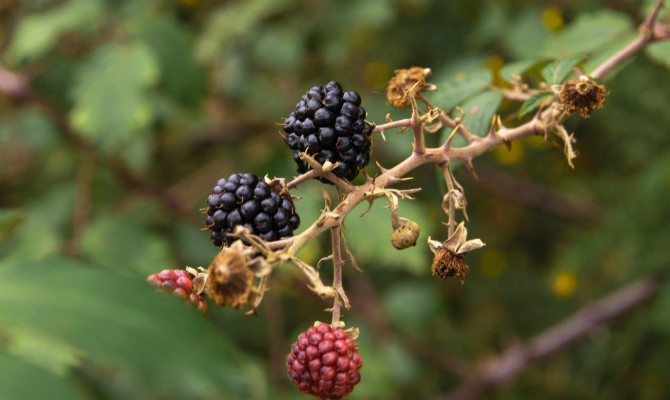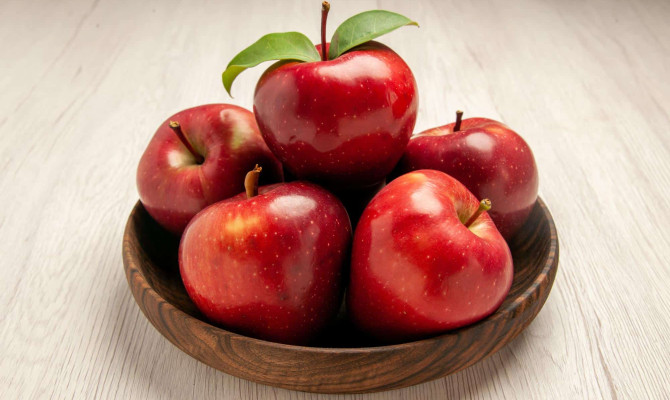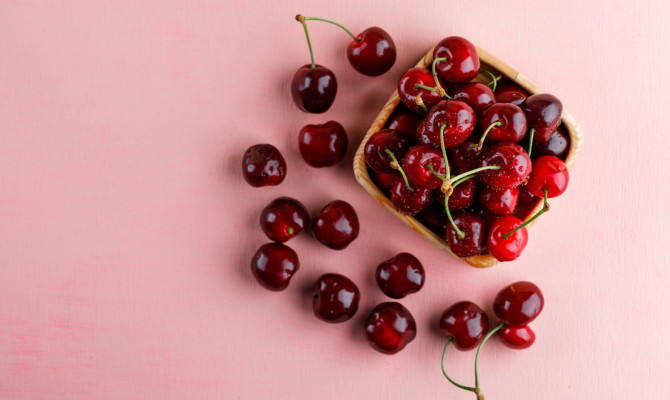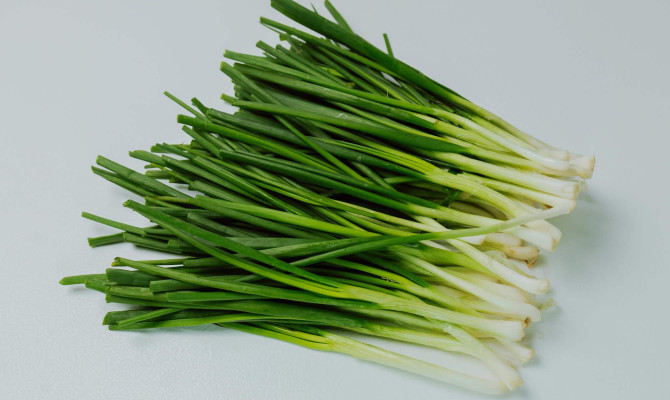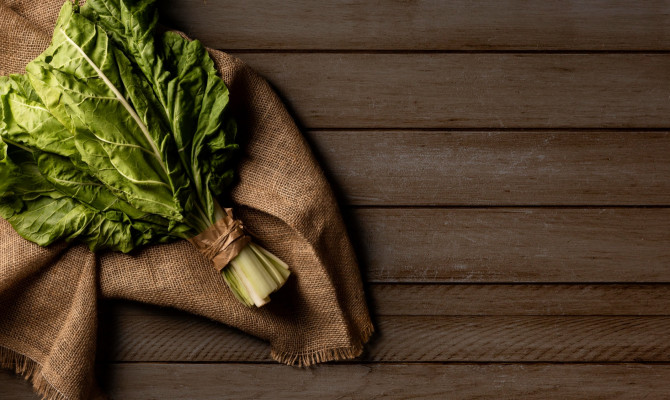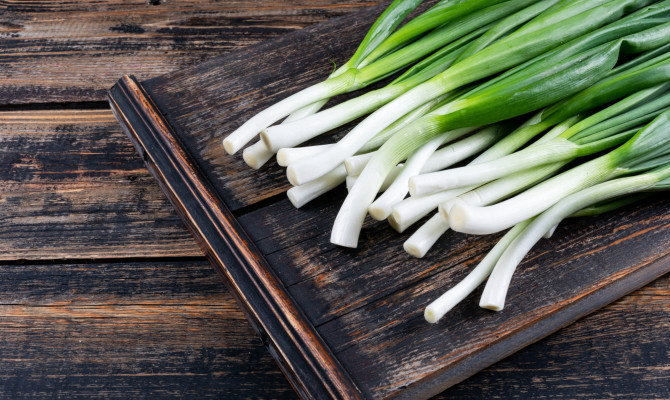All About Nutritious Leeks

- Leeks
- 23 Aug 2023
Overview
Overview
Leeks, also known as Allium porrum or Allium ampeloprasum 1Overview| Researched based study from Wisc.edu , are the unsung heroes of the vegetable world and have been cherished for ages across diverse cuisines for their distinct flavor and several health benefits. Along with onions and garlic, these thin, green stalks are members of the Alliaceae family 2Overview| Researched based study from Sciencedirect.com , but they frequently get overlooked in favor of their more well-known relatives. Leeks have long been praised for their culinary diversity and potential health benefits because they are rich in critical elements.
This article delves into the nutritional profile, health benefits, culinary uses, and potential side effects and precautions of leeks, guiding you on choosing, preparing, and incorporating them into your diet.
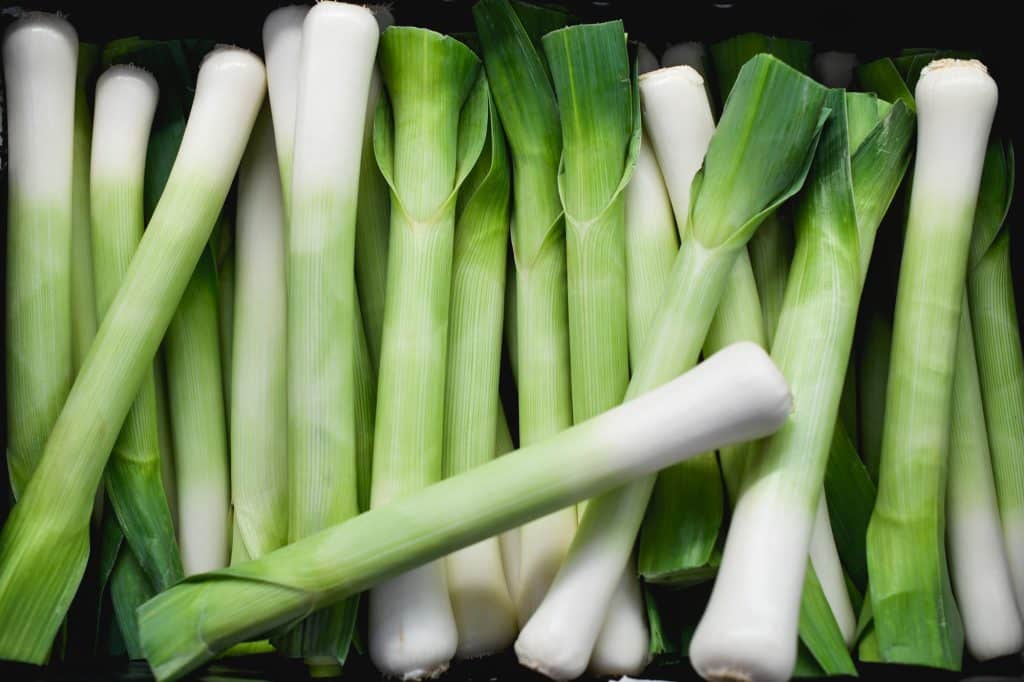
Nutrition
Nutrition
Leeks are an excellent addition to a balanced diet because they are packed with vital nutrients. 100 grams of Leeks (bulb and bottom leaf section), cooked, boiled, drained, without salt, provide around:
- Water – 90.8 g
- Calories – 31 Kcal
- Carbohydrates – 7.6 g (3% of DV)
- Protein – 0.81 g (2% of DV)
- Fat – 0.2 g
- Fiber – 1 g (4% of DV) 3Nutrition| Researched based study from Usda.gov
Minerals
- Potassium – 87 mg (2% of DV)
- Calcium – 30 mg (2% of DV)
- Magnesium – 14 mg (3% of DV)
- Phosphorus – 17 mg (1% of DV)
- Sodium – 10 mg
- Manganese – 0.247 mg (11% of DV)
- Iron – 1.1 mg (6% of DV)
- Zinc – 0.06 mg (1% of DV)
- Copper – 0.062 mg (7% of DV)
- Selenium – 0.5 µg (1% of DV)
Vitamins
- Vitamin C – 4.2 mg (5% of DV)
- Niacin – 0.2 mg (1% of DV)
- Vitamin B-6 – 0.113 mg (7% of DV)
- Riboflavin – 0.02 mg (2% of DV)
- Pantothenic acid – 0.072 mg (1% of DV)
- Thiamin – 0.026 mg (2% of DV)
- Vitamin K – 25.4 µg (21% of DV)
- Vitamin A – 41 µg (5% of DV)
- Beta carotene – 487 µg
- Folate – 24 µg (6% of DV) 4Nutrition| Researched based study from Nutritionvalue.org
- Lutein + Zeaxanthin – 925 µg
- Vitamin E (alpha-tocopherol) – 0.5 mg (3% of DV)
(Note: g – grams, mg – milligrams, µg – micrograms, %, (DV) Daily Value – is the number of nutrients on a plate of food that go toward a person’s daily dietary needs.)
Health benefits
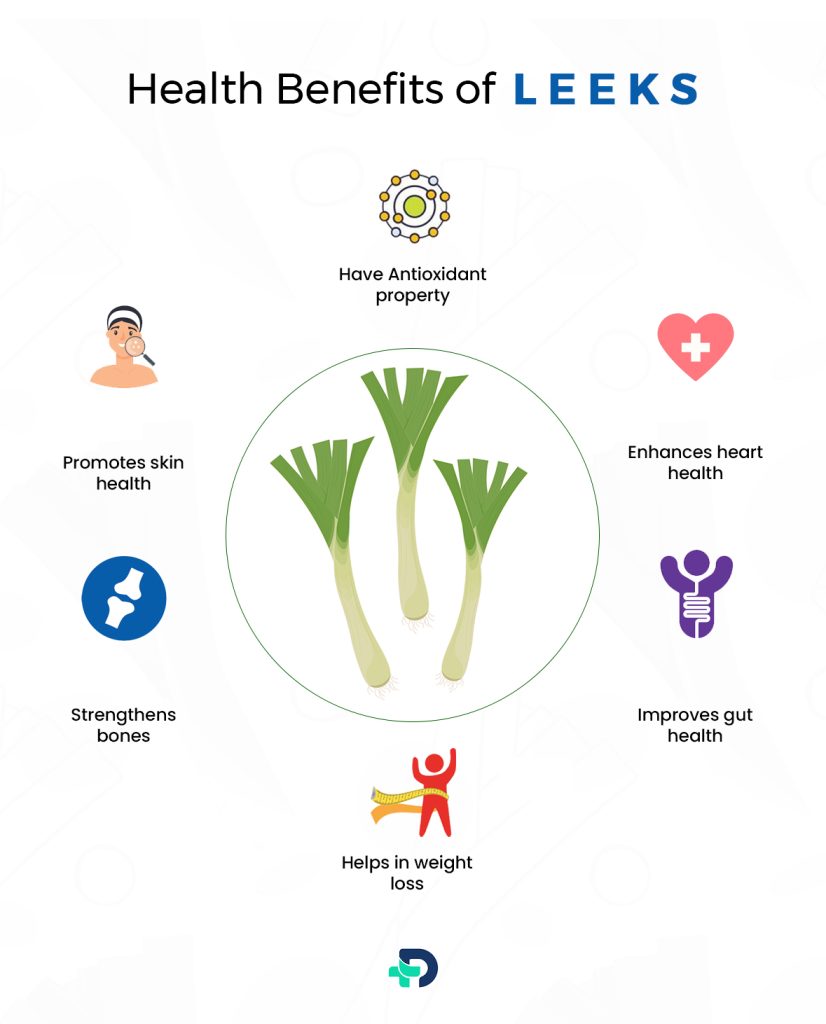
Health Benefits of Leeks
Leeks are rich in vitamins such as A, C, and K and several B vitamins (B6, folate), which play crucial roles in our body. Leeks have the following health benefits:
- Have Antioxidant property
- Boosts skin health
- Enhances heart health
- Strengthens bones
- Improves gut health
- Helps in weight loss.
Have Antioxidant property
- Strong antioxidants called flavonoids, including kaempferol and quercetin, are found in leeks5Health benefits| Researched based study from Nlm.nih.gov
- By reducing oxidative stress, these substances may reduce the possibility of developing chronic illnesses like certain cancers and heart diseases6Health benefits| Researched based study from Nlm.nih.gov
Promotes skin health
- Leeks are high in vitamins A, C, E, zinc, copper, and selenium, all believed to improve skin health7Health benefits| Researched based study from Nlm.nih.gov
Enhances heart health
- Leeks include plant compounds that have been shown to reduce the risk of heart disease overall, blood clots, inflammation, blood pressure, and cholesterol8Health benefits| Researched based study from Nlm.nih.gov
Strengthens bones
- Calcium, copper, potassium, manganese, and iron, essential for maintaining bone density, are minerals found in leeks9Health benefits| Researched based study from Amerianbonehealth.org
- Additionally, leeks contain a lot of vitamin K, which is well known for helping to maintain strong bones10Health benefits| Researched based study from Nlm.nih.gov
Improves gut health
- Leeks’ soluble and insoluble fibers feed the good bacteria in your stomach.
- These bacteria, in turn, lessen inflammation and support the health of the digestive system11Health benefits| Researched based study from Nlm.nih.gov
Helps in weight loss
- You can feel full and avoid becoming hungry because of the fiber and water in leeks, which may aid in weight loss12Health benefits| Researched based study from Mayoclinic.org This vegetable has a negligibly low-calorie count3Health benefits| Researched based study from Usda.gov
Selection
How to choose them?
- When buying leeks, look for those with straight, sturdy stems and vivid green leaves.
- Avoid leeks with yellowing or withering leaves, as these could be signs of aging or poor storage conditions.
- Crispness and a light onion scent are characteristics of the best leeks.
- Leeks can be prepared in various sizes, although smaller ones are typically more flavorful and delicate.
- Place them in the refrigerator’s vegetable drawer after gently wrapping them in a paper towel to extend their shelf life.
- Leeks should be adequately washed before cooking because dirt tends to collect between their layers.
Culinary uses
Culinary uses of Leeks
- Leeks have a wonderful mild onion flavor that complements various meals.
- They can be used raw or cooked, giving depth to soups, stews, salads, and stir-fries.
- Trim off the roots and the crowns with the dark green foliage, saving the light green and white portions for cooking.
- Leeks are commonly prepared as a delicious side dish by sautéing them in olive oil until they are soft and caramelized.
- They may also be included in pasta recipes, omelets, or as a quiche filling.
- Leeks can also be pickled or braised, providing a variety of gastronomic pleasures.
Side Effects
Side effects of Leeks
Leeks are typically safe to consume, although some people may encounter the following side effects:
- Diarrhea
- Bloating
- Gas
- Skin rashes 13Side effects| Researched based study from Dermnetnz.org
- Breathing difficulties
- Itchy skin
- Swollen throat, tongue, and lips
Precautions
Precautions
- Problems with digestion – Although leeks are generally safe to eat, their fiber content can result in some digestive discomfort. Therefore, they should be gradually added to one’s diet so that the digestive system can adapt.
- Allergy – Leeks are members of the allium family; thus, some people may be allergic or have digestive problems if consumed. It is best to speak with a doctor before introducing leeks to your diet if you have a history of allergies to onions or garlic14Precautions| Researched based study from Fruitsandveggies.org
- Toxic to pets – Keep your pets away from leeks and their Allium relatives since they harm dogs and cats13Precautions| Researched based study from Dermnetnz.org
Interactions
Interactions
With Blood thinners
- It is essential to exercise caution while consuming leeks if you are on blood-thinning medications, including warfarin, as the presence of vitamin K may impair the effectiveness of these drugs15Interactions| Researched based study from Nih.gov
Always talk to your doctor before making dietary changes, especially if you’re taking any particular drugs.
Bottom Line
The Bottom Line
With various health advantages and gastronomic delights, leeks deserve their place on the pedestal of nourishing and tasty vegetables. Leeks provide a lot of vitamins and minerals and a lot of fiber, which all help to improve general health. Always seek the advice of a healthcare professional for individualized dietary recommendations, and keep in mind to use caution if you have allergies or are on any medications. Enjoy the versatility of the leek and its healthiness in various mouthwatering meals that will improve your dining experiences and energize your body.
Any feedback on this article?
 This Articles content was accurate
This Articles content was accurate Very Informative Article
Very Informative Article I have a question or a comment
I have a question or a comment
 This article contains inaccurate content
This article contains inaccurate content This article was not helpful
This article was not helpful I have a question or a comment
I have a question or a comment
We appreciate your helpful feedback!
Checkout our social pages
References
-
The Board of Regents of the University of Wisconsin System
Leeks | Overview
-
Science Direct
Leek and shallot | Overview
-
U.S. DEPARTMENT OF AGRICULTURE
Leeks, (bulb and lower leaf-portion), cooked, boiled, drained, without salt | Nutrition
-
NutritionValue.org
Leeks, without salt, drained, boiled, cooked, (bulb and lower leaf-portion) | Overview
-
National Library of Medicine
The flavonoids of leek, Allium porrum | Health Benefits
-
National Library of Medicine
A review of the dietary flavonoid, kaempferol on human health and cancer chemoprevention | Health Benefits
-
National Library of Medicine
Role of Micronutrients in Skin Health and Function | Health Benefits
-
National Library of Medicine
Allicin: Chemistry and Biological Properties | Health Benefits
-
American Bone Health
Minerals for Bone Health | Health Benefits
-
National Library of Medicine
Vitamin K and Bone Health: A Review on the Effects of Vitamin K Deficiency and Supplementation and the Effect of Non-Vitamin K Antagonist Oral Anticoagulants on Different Bone Parameters | Health Benefits
-
National Library of Medicine
Health Effects and Sources of Prebiotic Dietary Fiber | Health Benefits
-
Mayo Clinic
Dietary fiber: Essential for a healthy diet | Health Benefits
-
Derm Net
Leek | Side effects
-
Produce for Better Health
Can you eat leeks if you are allergic to onions? | Side effects | Precautions
-
National Institutes of Health
Vitamin K-Fact Sheet for Health Professionals | Interactions













